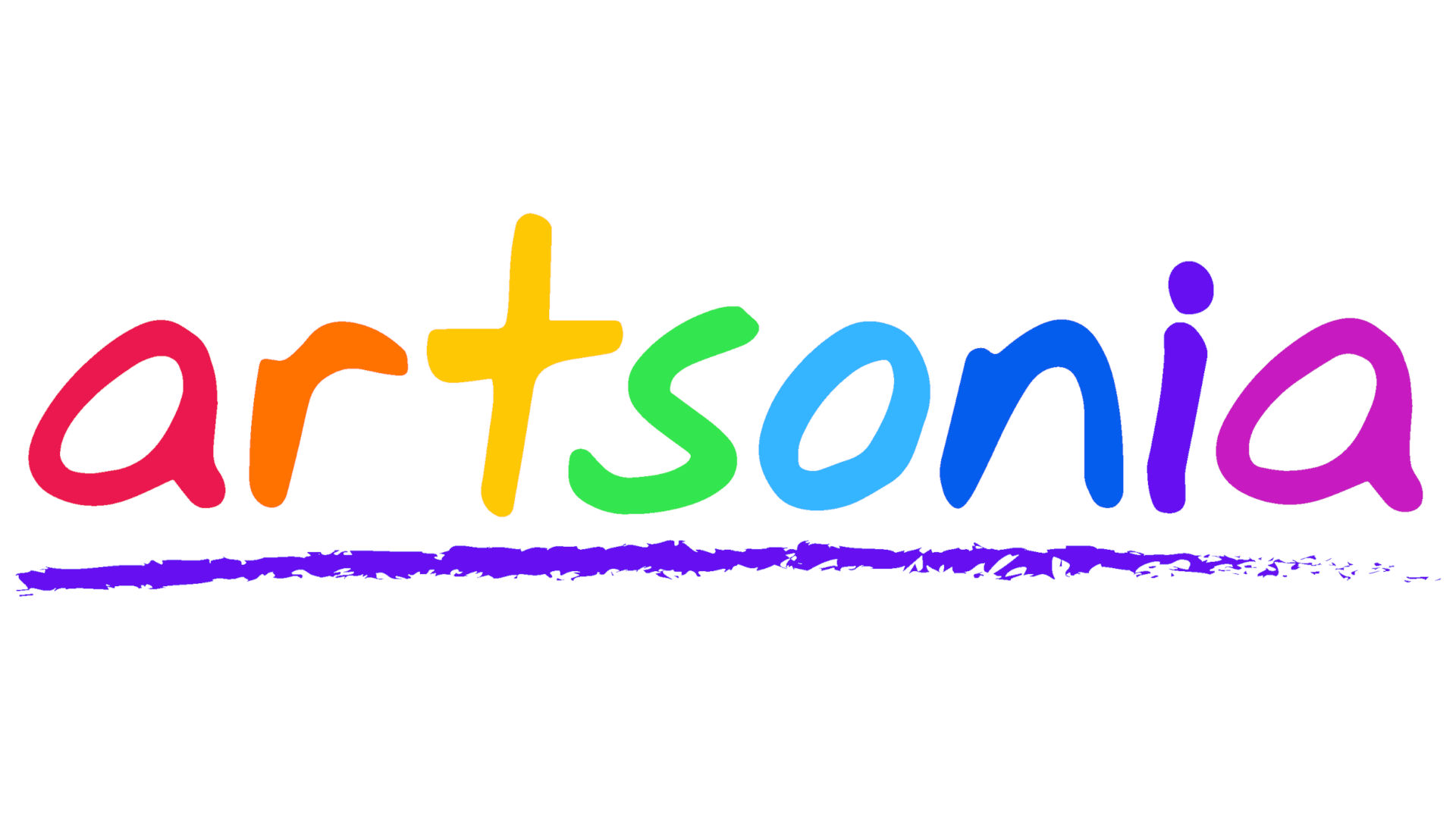Duval County assesses reading program
Tools and ideas to transform education. Sign up below.
You are now subscribed
Your newsletter sign-up was successful
The Schultz Center for Teaching & Leadership has published a research brief on the longitudinal impact of helping strugging readers in Duval County with Fast ForWord, a technology-based intervention intended to help students’ cognitive processing skills.
The study assessed whether (and to what extent) participation in FastForWord (FFW) could increase student gains on a state-mandated assessment of reading proficiency. The report suggests that more time might be needed after using FFW in order to allow for development of cognitive skills, an important factor in deciding the three-year duration of the study.
The study used developmental scale scores (DSS) in reading from the Florida Comprehensive Assessment Test (FCAT) for spring 2005-2008. A total of 23,738 students in grades 1-2 used FFW in a phased implementation, and the study was refined to include students present in the Duval County schools over the three-year period, as well as students assessed each year on the FCAT in grades 4-10.
The gains of students who received FFW intervention were compared with students who didn’t use FFW, with both groups comprised of similar demographics and performance levels. The study showed that annual gains of FFW students who participated in 2006, 2007 and cumulatively were significantly higher than the non-FFW group, to an extent that could not be explained by normal variation or individual student differences.
The study also examined whether cumulative gains were significantly impacted by the number of lesson modules (products) completed and the level of lab implementation of FFW in schools. Product completion turned out to be a statistically significant factor, with a moderate completion level of 2-3 products correlating with the highest documented gains.
Overall, the report shows that FFW helped accelerate the reading progress made my Duval County students. Its schools have implemented features of the program with fidelity to the program model, and the most gains were seen when students completed 2-3 products. The report admits that further research is needed to determine the best conditions to maximize student performance, especially for at-risk students identified by the NCLB act.
Tools and ideas to transform education. Sign up below.
